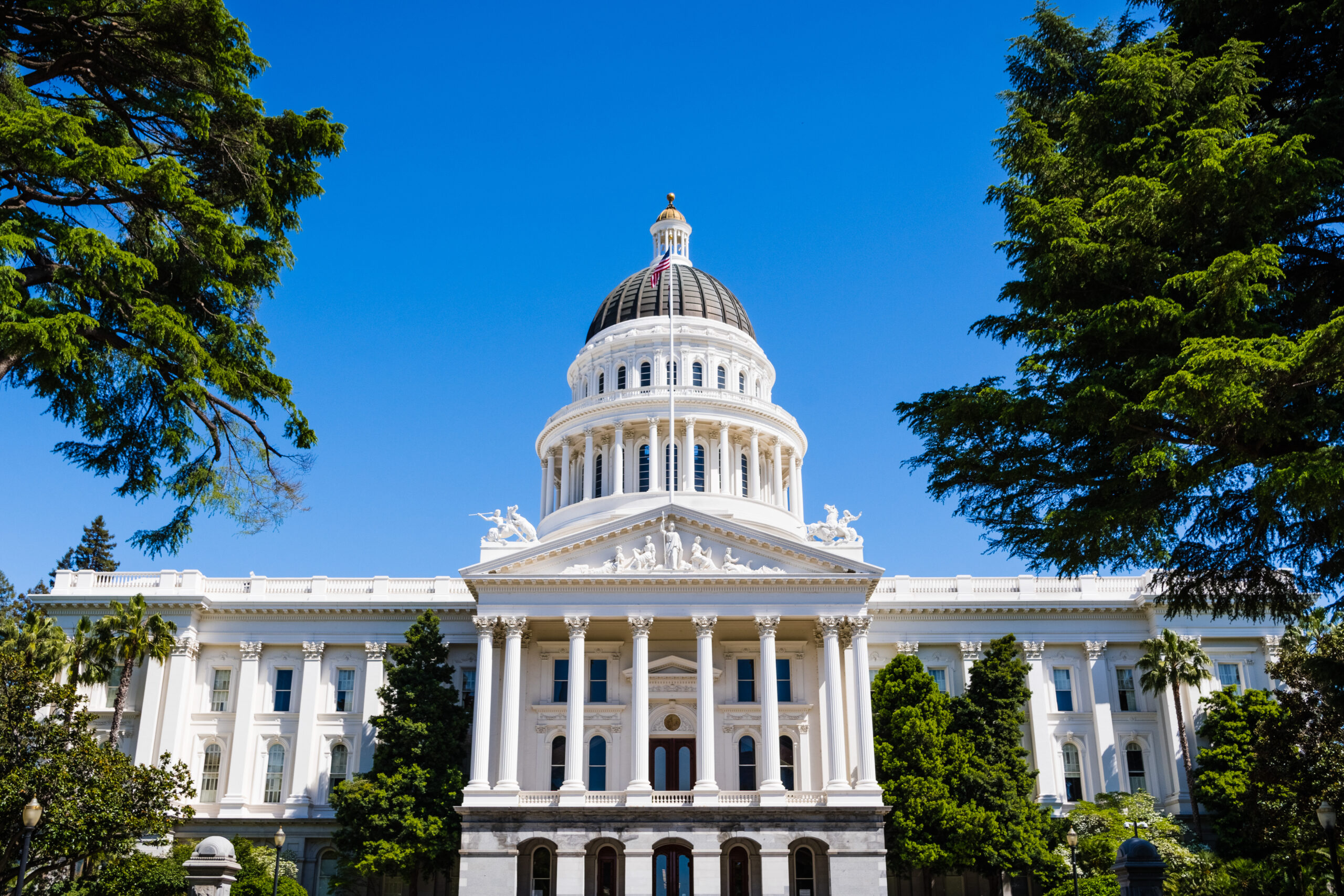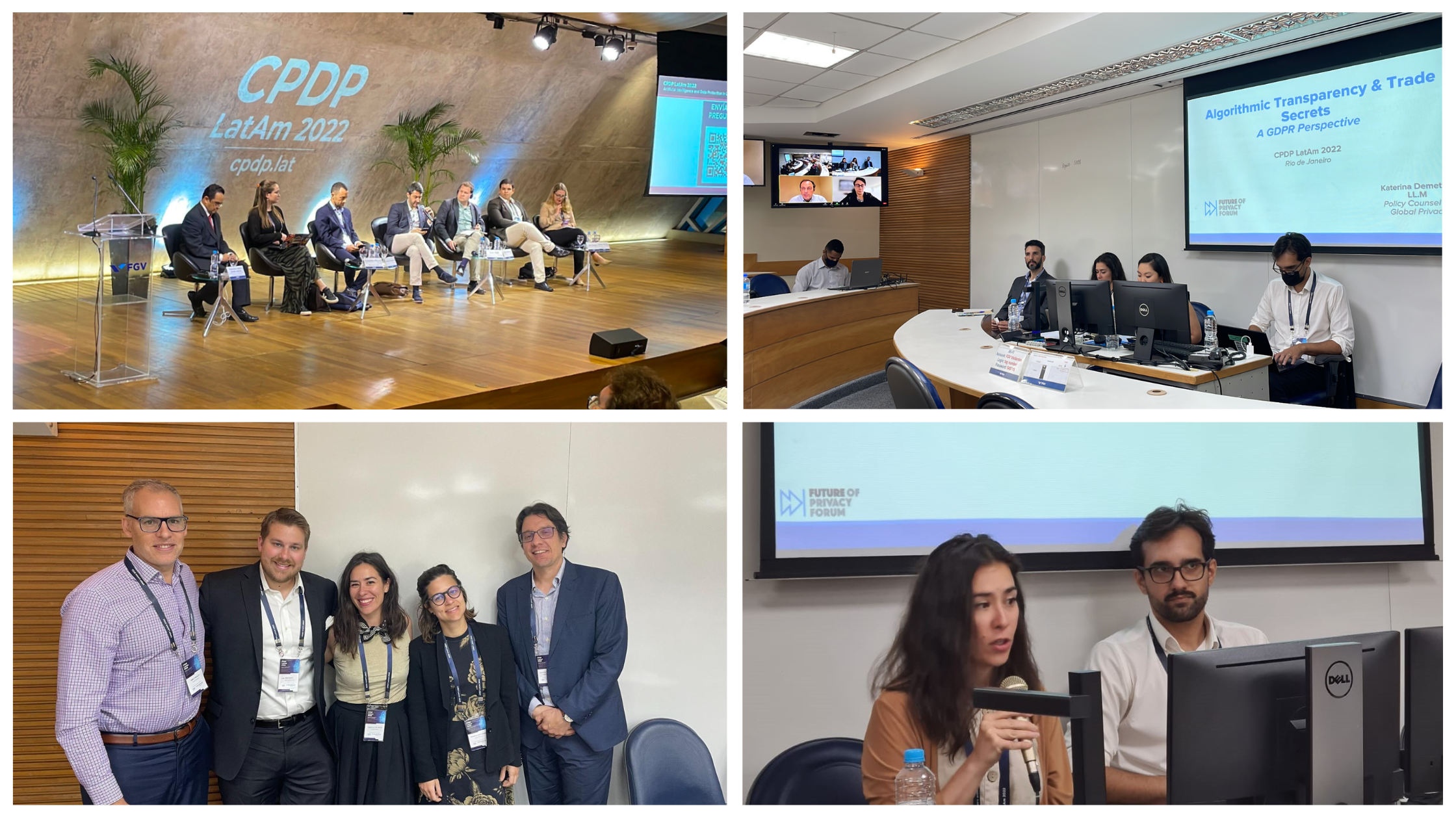
Judge declares Buenos Aires’ Fugitive Facial Recognition System Unconstitutional
On September 7, a trial judge declared the implementation of the Fugitive Facial Recognition System (SRFP, for its name in Spanish) by the Government of the City of Buenos Aires unconstitutional. The decision set an important precedent for risks associated with privacy and intimacy in public spaces in the context of public surveillance for law […]

FPF Participates in FTC Event on “Commercial Surveillance and Data Security” Proposed Rulemaking
Yesterday, FPF Senior Director for U.S. Policy Stacey Gray participated in a panel discussion hosted by the Federal Trade Commission (“FTC”) regarding its Advance Notice of Proposed Rulemaking (“ANPR”) on “Commercial Surveillance and Data Security” (comments start at 1:39:00). Feedback from the public forum is intended to help inform the Commission’s decision whether to proceed […]

Age-Appropriate Design Code Passes California Legislature
Update: On Sep 15, 2022, California Governor Gavin Newsom signed AB 2273, the California Age-Appropriate Design Code Act. The law will apply to businesses that provide online services, products, or features likely to be accessed by children and broadly requires businesses to implement their strongest privacy settings by default for young users up to the age of […]

Looking Back to Forge Ahead: Challenges of Developing an “African Conception” of Privacy
In this post for the FPF Blog, Mercy King’ori explores the cultural and societal underpinnings of “privacy” in Africa, looking throughout history, from pre-colonial times, and beyond the modern external influences on the legislative processes resulting in general data protection laws across the continent. The first essential point to start off from is understanding that […]

Introduction to the Conformity Assessment under the draft EU AI Act, and how it compares to DPIAs
The proposed Regulation on Artificial Intelligence (‘proposed AIA’ or ‘the Proposal’) put forward by the European Commission is the first initiative towards a comprehensive legal framework on AI in the world. It aims to set rules on specific AI applications in certain contexts and does not intend to regulate AI technology in general. The proposed […]

FPF at CPDP LatAm 2022: Artificial Intelligence and Data Protection in Latin America
This summer the first-ever in-person Computers, Privacy and Data Protection Conference – Latin America (CPDP LatAm) took place in Rio de Janeiro on July 12 and 13. The Future of Privacy Forum (FPF) was present at the event, titled Artificial Intelligence and Data Protection in Latin America, participating in two panels and submitting a paper […]

New Report on Limits of “Consent” in Vietnam’s Data Protection Law
Today, the Future of Privacy Forum (FPF) and the Asian Business Law Institute (ABLI), as part of their ongoing joint research project: “From Consent-Centric Data Protection Frameworks to Responsible Data Practices and Privacy Accountability in Asia Pacific,” are publishing the ninth in a series of detailed jurisdiction reports on the status of “consent” and alternatives […]

New Report on Limits of “Consent” in Malaysia’s Data Protection Law
Introduction Today, the Future of Privacy Forum (FPF) and the Asian Business Law Institute (ABLI), as part of their ongoing joint research project: “From Consent-Centric Data Protection Frameworks to Responsible Data Practices and Privacy Accountability in Asia Pacific,” are publishing the eighth in a series of detailed jurisdiction reports on the status of “consent” and […]

New Report on Limits of “Consent” in Australia’s Data Protection Law
Authors: Dominic Paulger and Elizabeth Santhosh Elizabeth Santhosh is a current law student at Singapore Management University and an FPF Global Privacy intern. Introduction Today, the Future of Privacy Forum (FPF) and Asian Business Law Institute (ABLI), as part of their ongoing joint research project: “From Consent-Centric Data Protection Frameworks to Responsible Data Practices and […]
